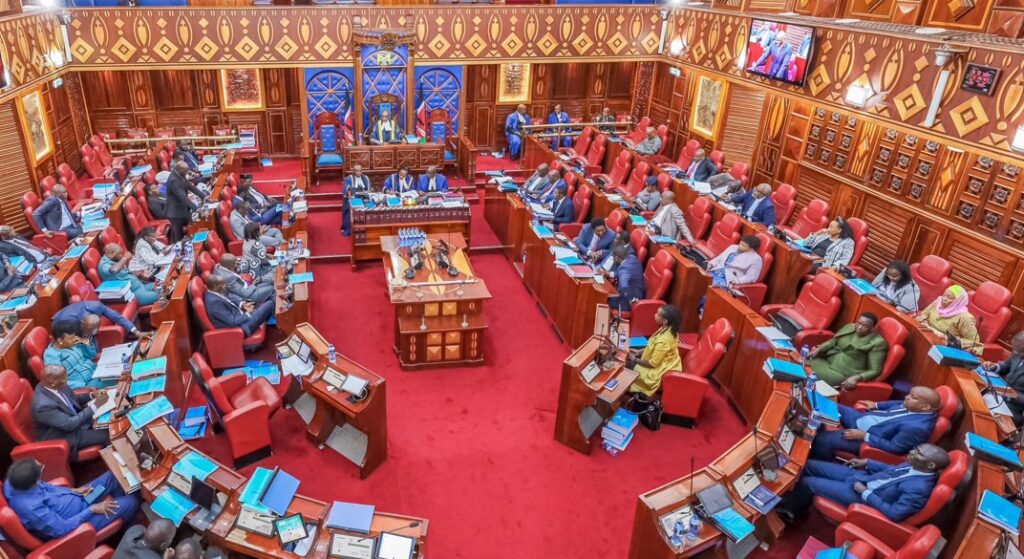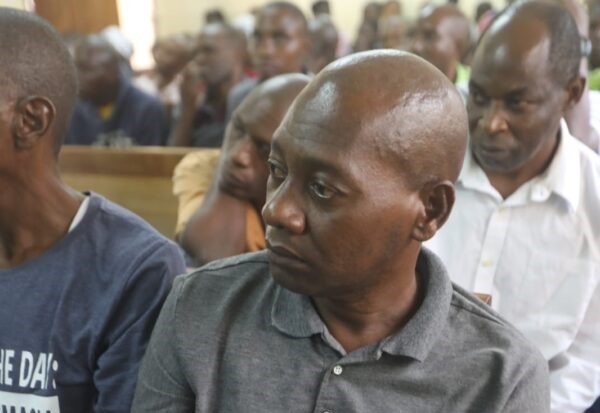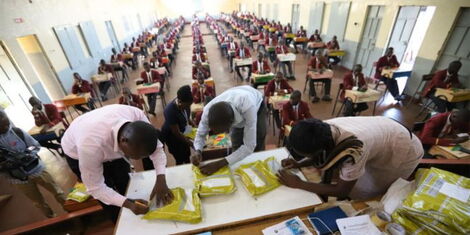
A bombshell report by the Senate has exposed widespread ethnic discrimination in county hiring practices, revealing that 32 counties are flouting the law by overwhelmingly recruiting from just one ethnic group — a violation that threatens national unity and fairness in public service.
In a country where diversity is enshrined in the Constitution, the findings paint a chilling picture of systematic exclusion, with counties like Bomet, Elgeyo Marakwet, and Kirinyaga leading the charge in blatant ethnic favoritism. According to the explosive report, Bomet County tops the list with an alarming 97.28% of its public workforce made up of individuals from the Kalenjin community.
Elgeyo Marakwet follows closely at 96.30% Kalenjin, while Kirinyaga registers 96% Kikuyu employees — a clear breach of the County Governments Act, which mandates that no more than 70% of county staff should come from the same ethnic group. And it doesn’t stop there.Nyamira (95% Kisii), Nyandarua (95.57% Kikuyu), Kisii (94.3% Kisii), Kericho (93.3% Kalenjin), and West Pokot (93.57% Kalenjin) also emerge as epicenters of ethnic dominance.
In Wajir, 93.1% of government jobs are held by members of the Somali community.The damning report, based on data from the National Cohesion and Integration Commission (NCIC) and county records, even reveals that in some counties, executive meetings are conducted in the local ethnic dialect — effectively locking out minority staff from critical decision-making processes.

“These numbers paint a disturbing picture of entrenched exclusion and deep-rooted marginalization,” the Senate report warns, adding that such practices threaten the very ideals of equity, cohesion, and inclusivity.Counties such as Vihiga (89.79% Luhya), Kakamega (90.68% Luhya), Meru (90% Meru), Murang’a (93.7% Kikuyu), Kitui (90% Kamba), and Makueni (92.63% Kamba) are also under scrutiny for breaching the law.
Even more diverse counties like Kiambu, Uasin Gishu, and Turkana are not spared, with over 80% of employees drawn from dominant local groups.The problem spans the entire country — from Laikipia (70.6% Kikuyu) and Kisumu (87.69% Luo) to Garissa (80.15% Somali) and Kajiado (70.53% Maasai) — raising serious questions about whether Kenya’s devolution system is fostering tribal kingdoms instead of inclusive governance.
The Senate committee is now urging immediate reforms, warning that unless ethnic inclusivity is enforced, counties risk becoming exclusive zones of power, deepening division and threatening national stability.
As Kenyans reel from the revelations, all eyes are on the national and county governments to act decisively — before the spirit of devolution is lost to tribal capture.







